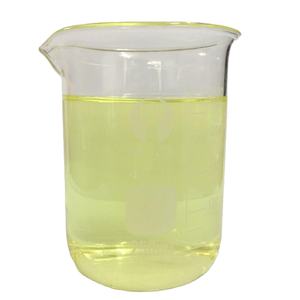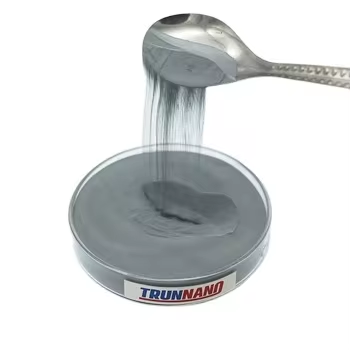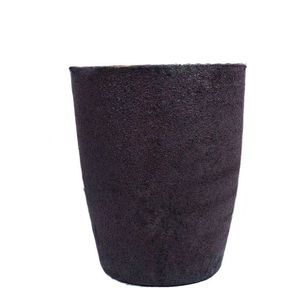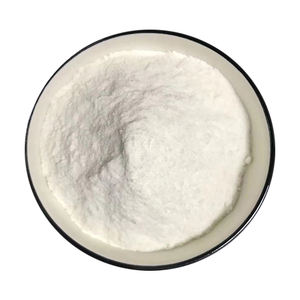Penetrating Seal Curing Agents: Enhancing Concrete Durability and Longevity in Modern Construction concrete additives for strength
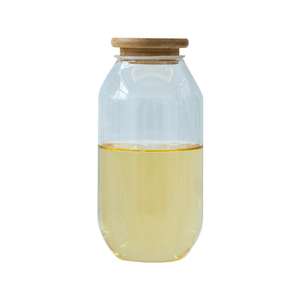
Intro to Passing Through Seal Treating Professionals: A Vital Advancement in Concrete Security
Penetrating seal curing representatives (PSCAs) have actually emerged as a transformative service in concrete technology, providing twin advantages of surface securing and interior hydration improvement. Unlike traditional membrane-forming curing substances, PSCAs permeate deep into the concrete matrix, reacting chemically with free lime and other results to create insoluble crystalline frameworks. This reaction not only seals micro-cracks and capillary pores however additionally enhances compressive toughness and long-lasting sturdiness. As facilities demands grow for more durable and lasting materials, PSCAs are playing a significantly crucial function in prolonging the service life of concrete frameworks.
(Penetrating Seal Curing Agents)
Chemical Structure and Working System
Penetrating seal healing agents are usually composed of silicates– most frequently lithium, sodium, or potassium silicates– together with responsive catalysts and surfactants that enhance penetration deepness and chemical reactivity. Upon application, these representatives penetrate the permeable framework of fresh or hard concrete and respond with calcium hydroxide, a result of concrete hydration, to form calcium silicate hydrate (C-S-H) gel and insoluble crystalline precipitates. These developments efficiently obstruct water ingress, chloride ion penetration, and carbonation, which are key causes of concrete destruction. The self-sealing ability of PSCAs makes them especially useful in hostile settings such as aquatic structures, wastewater therapy plants, and bridge decks.
Advantages Over Standard Treating Methods
Traditional curing techniques, consisting of damp burlap, ponding, and membrane-forming compounds, usually fall short in terms of efficiency, labor intensity, and environmental influence. In contrast, penetrating seal healing agents supply a more efficient, sturdy, and environmentally friendly choice. They do not evaporate or break down in time, eliminating the demand for repeated applications. In addition, because they chemically bond with the concrete substratum, PSCAs supply long-term protection without changing surface area aesthetic appeals or slip resistance. Their usage additionally contributes to power cost savings by reducing the need for maintenance and repair, thereby decreasing the lifecycle expense of concrete frameworks.
Application Across Facilities and Commercial Sectors
The adaptability of passing through seal treating representatives has resulted in their adoption throughout a vast array of building and construction applications. In infrastructure jobs such as highways, airports, and tunnels, PSCAs aid secure against freeze-thaw damage, deicing chemicals, and abrasion. In commercial floor covering, they enhance dust-proofing and put on resistance, boosting interior air top quality and decreasing maintenance downtime. Residential and commercial structures benefit from enhanced wetness resistance in foundations, basements, and parking garages. In addition, their compatibility with different kinds of concrete– including eco-friendly concrete with high fly ash or slag web content– makes them a preferred selection for lasting building practices aiming to minimize personified carbon.
Market Patterns and Technological Advancement
The global market for passing through seal healing agents is expanding as a result of increasing demand for high-performance building materials and more stringent governing standards on building toughness and sustainability. Manufacturers are buying R&D to develop next-generation PSCAs with enhanced penetration deepness, faster response kinetics, and reduced application times. Technologies consist of hybrid formulas that integrate silicate-based chemistry with nano-silica or polymer-modified systems, providing remarkable efficiency in extreme problems. In addition, smart delivery systems such as fogging and low-pressure spray technologies are being adopted to ensure consistent insurance coverage and optimal material utilization. Digital tools like dampness sensing units and anticipating analytics are additionally being incorporated to monitor healing effectiveness in real-time.
Environmental Influence and Sustainability Considerations
Penetrating seal curing agents are generally thought about environmentally benign contrasted to solvent-based sealants and standard treating membranes. The majority of formulations are water-based, non-flammable, and produce negligible unpredictable natural substances (VOCs). However, problems remain regarding the sourcing of raw materials and the possibility for alkalinity-related results during production. To attend to these issues, researchers are discovering bio-based activators, recycled silicate sources, and low-carbon synthesis routes. Furthermore, the extended life span of cured concrete lowers the regularity of demolition and restoration, straightening with circular economic situation principles and contributing to general carbon reduction in the constructed setting.
Future Outlook: Smart Products and Integrated Solutions
( Penetrating Seal Curing Agents)
Looking ahead, the development of permeating seal curing representatives will be driven by improvements in nanotechnology, wise products, and digital combination. The development of receptive PSCAs that can adjust to transforming ecological problems– such as humidity-triggered activation or self-healing behavior– could change concrete maintenance techniques. Integration with Structure Information Modeling (BIM) and Internet of Points (IoT)-allowed monitoring systems will certainly permit data-driven decisions on product performance and maintenance scheduling. As cities deal with increasing climate pressures and aging facilities, the fostering of advanced curing modern technologies like PSCAs will be necessary in ensuring structural durability and durability for future generations.
Provider
TRUNNANO is a supplier of boron nitride with over 12 years of experience in nano-building energy conservation and nanotechnology development. It accepts payment via Credit Card, T/T, West Union and Paypal. Trunnano will ship the goods to customers overseas through FedEx, DHL, by air, or by sea. If you want to know more about potassium silicate, please feel free to contact us and send an inquiry(sales5@nanotrun.com).
Tags: concrete addtives, Penetrating Seal Curing Agents, Lithium-Based Curing Agent Seal Concrete Agent
All articles and pictures are from the Internet. If there are any copyright issues, please contact us in time to delete.
Inquiry us
